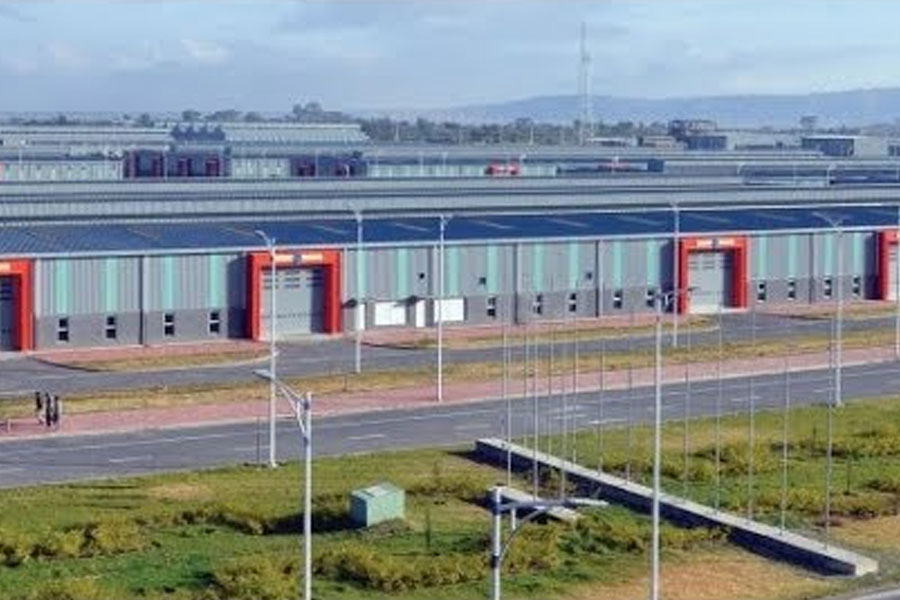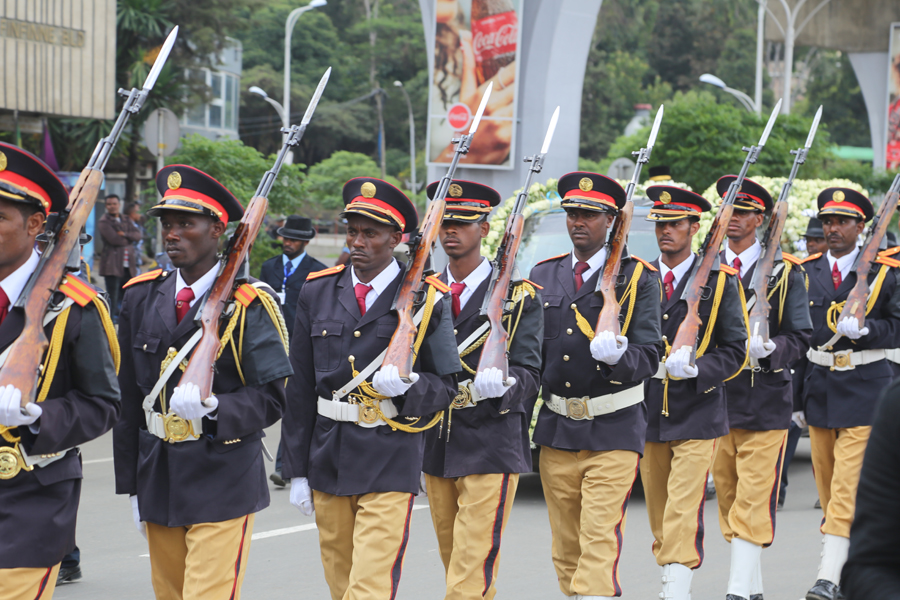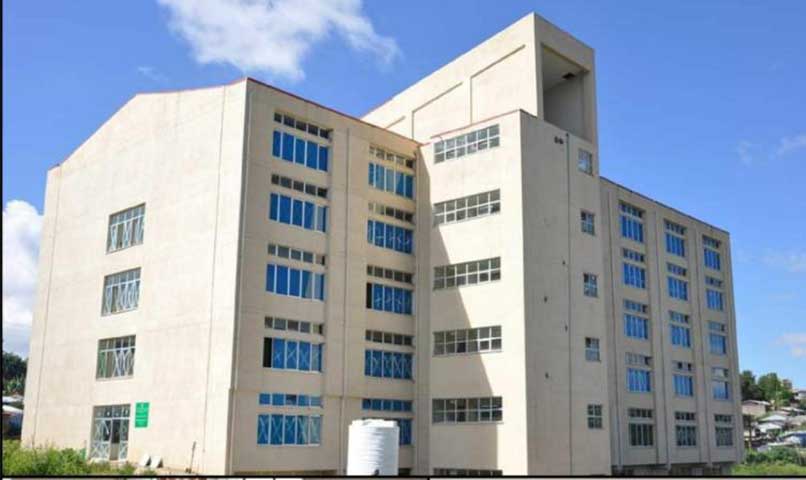
Fortune News | Jun 27,2020
Feb 2 , 2019
By MADEBO GIRMA ( FORTUNE STAFF WRITER )
Two deepwater wells, which will supply potable water for 40,000 people, are being built in Debre Birhan at a cost of 42 million Br.
The projects in the Atakilt Kebele are being financed by the city’s Water & Sewerage Service Bureau. The Lutheran and Baresa deep wells will have the capacity to pump 22ltr and 15ltr a second of water from depths of 259m and 260m, respectively.
The drilling of the project was started two years ago by Negemet Water Well Drilling, and the electromechanical work was started in October 2018 with completion expected in July 2019.
The design and consulting work, which cost 1.2 million Br, was awarded to the decade-old Amhara Design & Supervision Works Enterprise , which engages in contract supervision and administration and employs 500 people.
The project contractor is Tis Isat Water Works, which is working on the hydrogeological investigation and the electromechanical work with machinery imported from France, Turkey and Italy. Feres Meda Water Supply Project, found in East Gojam Zone, is another project being carried out by Tis Isat.
The firm was awarded the project last year after competing with two local contractors, Abay Waterworks Corporation and Amhara Water Works Enterprise (AWWE).
Poor weather conditions and road infrastructure challenged the project, according to Adane Tekle, project manager for Tis Isat Waterworks.
"Logistics is complicated, especially as we tried to transport construction equipment to the project site," Adane told Fortune. "It has also been challenging to get right of way for the construction of the distribution lines."
The addition of the two deep wells brings the total to 12 wells in Debre Birhan, located in the Semien Shewa Zone of the Amhara Region, about 120km northeast of Addis Abeba. The wells will have a total water pumping capacity of 128ltr a minute. The total population of the city is estimated to have reached 149,000.
At a national level clean water supply coverage has grown to 65.7pc, with coverage levels at 68.5pc and 54.7pc at the rural and urban level, respectively. This implies that out of a population of 100 million, about 65.7 million people have access to clean drinking water.
In the past two decades, the government alone has brought access to clean water to 2.7 million people by investing 3.7 billion Br. Development partners have also had a hand in increasing access to clean water.
Meseret Mengesha, head of Debre Berhan Water & Sewerage Service Bureau, explains that the office is committed to managing the city's water problem.
"We are undertaking a study in 14 sites to construct additional water projects and fully manage the water scarcity of the city in the future," said Meseret, adding that there have been delays in getting projects off the ground as a result of late budget disbursements as was the case with these projects.
Jemal Mohammed, who has worked in water supply, sanitation and environmental engineering for more than three decades and is currently CEO of Blue Matrix Consultancy, believes that there should be more effort put into conservation rather than huge projects, saying that people need to use water more appropriately.
"People's awareness of water resources is poor," Jemal says. "Nearly a quarter of total supply is wasted.”
PUBLISHED ON
Feb 02,2019 [ VOL
19 , NO
979]

Fortune News | Jul 13,2020

Fortune News | Apr 03,2021

View From Arada | May 11,2019

Fortune News | Dec 14,2019

Feb 24 , 2024 . By MUNIR SHEMSU
Abel Yeshitila, a real estate developer with a 12-year track record, finds himself unable to sell homes in his latest venture. Despite slash...

Feb 10 , 2024 . By MUNIR SHEMSU
In his last week's address to Parliament, Prime Minister Abiy Ahmed (PhD) painted a picture of an economy...

Jan 7 , 2024
In the realm of international finance and diplomacy, few cities hold the distinction that Addis Abeba doe...

Sep 30 , 2023 . By AKSAH ITALO
On a chilly morning outside Ke'Geberew Market, Yeshi Chane, a 35-year-old mother cradling her seven-month-old baby, stands amidst the throng...

Apr 20 , 2024
In a departure from its traditionally opaque practices, the National Bank of Ethiopia...

Apr 13 , 2024
In the hushed corridors of the legislative house on Lorenzo Te'azaz Road (Arat Kilo)...

Apr 6 , 2024
In a rather unsettling turn of events, the state-owned Commercial Bank of Ethiopia (C...

Mar 30 , 2024
Ethiopian authorities find themselves at a crossroads in the shadow of a global econo...